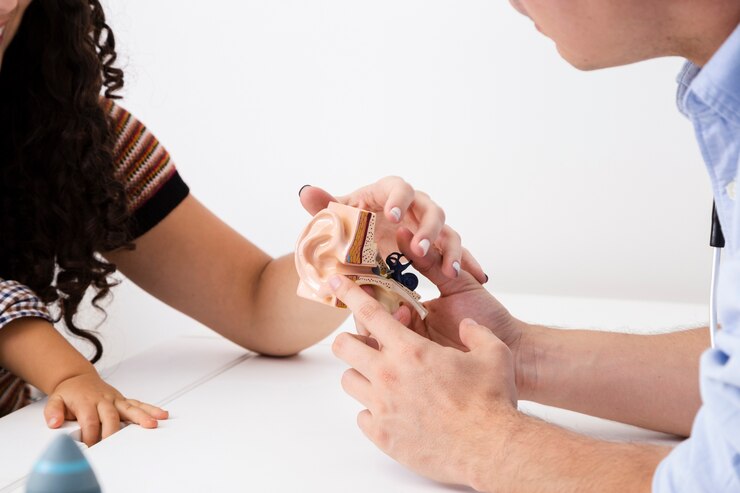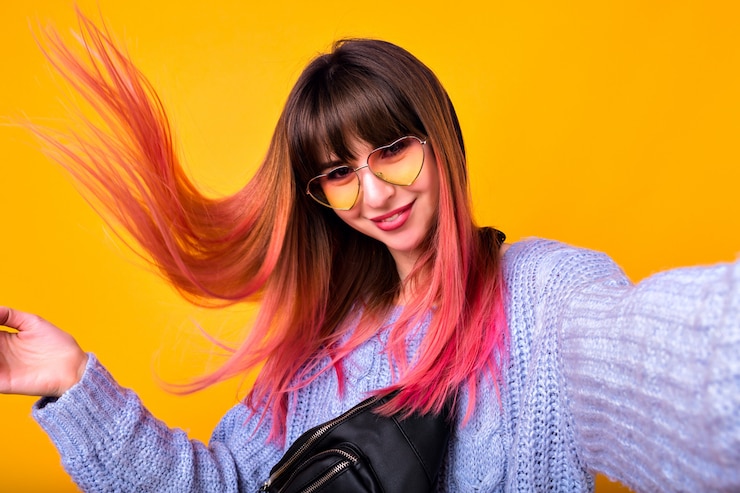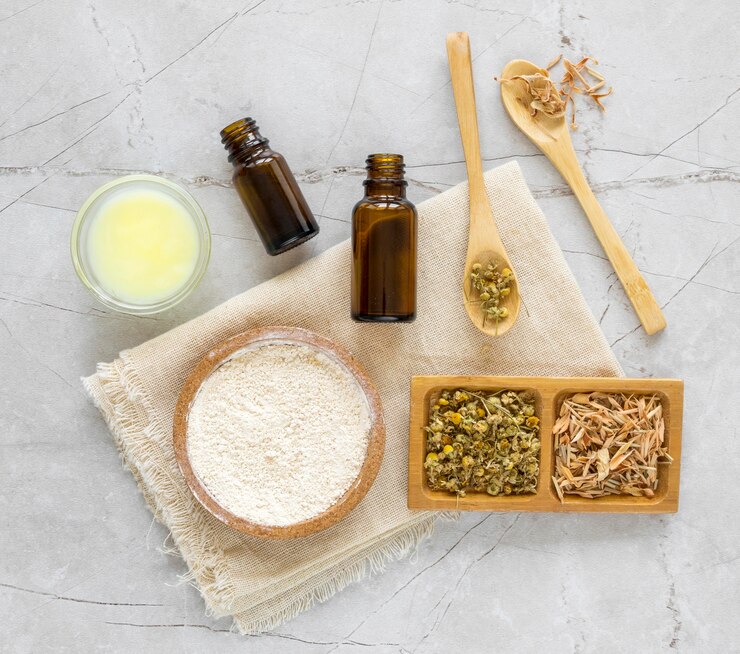
In recent times, the DIY trend—whether it’s for skincare or cleaning products—has brought essential oils into many homes, and with good reason. These concentrated plant oils can make your home smell like a spa while offering fantastic benefits for your mind and body.
Before you dive into mixing your favorite scents, there are a few things you should know. Not all essential oils (or EOs, as I’ll call them) are the same. They are potent and require careful use. I’m not trying to spoil your DIY fun or confuse you, but the next time you decide to buy or use EOs, consider these four questions:
1. How will you use the essential oils?
Quality matters, especially if you’re using EOs for therapeutic purposes like inhalation or skin application. It is crucial to ensure they are pure. EOs can easily penetrate the skin and enter the bloodstream, which is why they can be so effective. Remember, EOs should never be ingested or applied to the skin without diluting them with a carrier oil like grapeseed or sweet almond oil.
2. Who is going to use the essential oils?
EOs, often described as the “life force” or “blood” of a plant, are highly concentrated. They can either be beneficial or cause adverse effects. Some EOs are not recommended for pregnant women, children, or people with certain health conditions. It’s important to follow safety guidelines and consult certified aromatherapists or healthcare professionals. Also, be aware that some EOs, such as citrus or bergamot, can make your skin more sensitive to sunlight.
3. Where is the essential oil sourced from?
EOs come in various qualities, but regulations are few. For instance, “therapeutic grade” is a marketing term without regulatory oversight. Just like you would with produce or skincare products, scrutinize the quality of EOs. Look for information about organic or wild-crafted growing conditions, purity statements, the country of origin, the plant part used (like leaves or bark), the extraction method, and the Latin name of the plant to ensure there are no additives or impurities.
4. Is this essential oil approved by a reliable source?
Given the complexities in assessing EO purity and that not everyone is a certified aromatherapist (myself included), it’s wise to buy oils from a trustworthy supplier. I recommend choosing someone who works closely with producers, readily provides safety and quality reports, and is owned by an experienced aromatherapy specialist.
For more information, you might find these resources helpful:
– Canadian Federation of Aromatherapists
– National Association for Holistic Aromatherapy
Most importantly, have fun! Swap out synthetic fragrances and try your hand at creating customized aromatherapy blends.
If you’re looking for an essential oil company, I’m looking for recommendations myself, especially for something available in Canada since the one I know is based in England.
As for your question about drinking water with lemongrass oil, I wouldn’t do it indefinitely. It’s wise to take breaks and explore new options.


